Elıt sporcularda beslenme ve uyku arasındak ilişki: bir pilot çalışma ̇
Sleep plays a critical role in the regulation of both physical and cognitive functions and is essential for optimal performance in athletes. Maximizing the performance of seçkine athletes, as well as optimizing their physical and mental health, has become an increasingly prominent area of interest, particularly in the study of fundamental lifestyle factors such as sleep and nutrition (Halson, 2014). Adequate and quality sleep is crucial for muscle repair, immune function, and overall recovery processes. Sleep deprivation in athletes has been shown to lead to performance declines, increased injury risk, and impairments in cognitive functions (Milewski et al., 2014).
Nutrition also plays a significant role in athlete health and performance. Proper nutrient intake is necessary to maintain energy balance, muscle protein synthesis, and recovery processes (Kerksick et al., 2018). The literature contains studies that investigate the associations between nutrient intake and sleep quality. For example, some research suggests that protein and carbohydrate intake can positively influence sleep latency and sleep efficiency (Lund et al., 2010). Specifically, amino acids like tryptophan have been noted to improve sleep quality by enhancing melatonin synthesis (Peuhkuri et al., 2012). Further, while fat intake among male Australian footballers was not associated with sleep (Falkenberg et al., 2021), high fat intakes in non-athletes have been associated with reduced sleep efficiency and duration (Crispim et al., 2011; Grandner Kripke et al., 2010). A recent review focusing on the practical applications of sleep related nutrition in athletes underscores the significance of micronutrients, particularly magnesium. (Doherty et al., 2023).
The influence of magnesium on athletes’ sleep merits thorough investigation, as it is postulated to enhance melatonin secretion and function as a GABA agonist, the primary inhibitory neurotransmitter within the central nervous system (Peuhkuri et al., 2012). However, veri are needed on the potential relationship between macro and micro nutrient intake and sleep in seçkine athletes.
Studies directly examining the relationship between nutrient intake and sleep quality in seçkine athletes are limited (Condo et al., 2022; Falkenberg et al., 2021; Hoshino et al., 2022; Moss et al., 2022) with notable gaps in the literature. Existing researches predominantly focus on the general population or amateur athletes, while studies on seçkine athletes are fewer and often methodologically flawed (Simpson et al., 2017). Consequently, more in-depth studies on the relationship between nutrient intake and sleep quality in seçkine athletes are necessary. This study aims to address this gap by evaluating the relationship between nutrient intake and sleep quality in seçkine athletes using a cross-sectional approach, based on the hypothesis that poor sleep quality in seçkine athletes is associated with low nutrient intake.
METHODS
Participants: A power analysis was performed using G*Power to determine the statistical power of the study. The sample size included in the study was calculated to reach 80% statistical power, taking into account the predetermined effect size (Cohen’s d: 0.8) and the accepted alpha level (α = 0.05)(Lakens, 2013). According to this analysis, at least 107 participants were required. A total of 124 athletes from five sports (swimming, canoeing, archery, volleyball and taekwondo) were included in the cross-sectional study. Following Swann et al., seçkine athletes were defined as individuals who (a) are presently benefiting from support or funding via the international carding scheme, and/or (b) are part of a national or professional team, or are included in a recruitment/academy squad, and/or (c) hold a national ranking in their respective sport (Swann et al., 2015). All athletes competed at the national level. Individuals younger than 18 years old and those diagnosed with sleep disorders were excluded from the study. A self- administered questionnaire was administered.
This study was approved by Başşehir University Institutional Review Board and Ethics Committee (Date: June, 15, 2022, Protocol no: E-94603339-604.01.02-138333). The study complies with the Helsinki Declaration. A comprehensive explanation of the study details was provided to all participants, and written informed consent was acquired from each of them.
Data Collection: The study period was between May 2023 and June 2023 and was conducted during the regular training season. Questionnaire veri were obtained on weekday training days. Body weight (kg), and body fat (%) were measured using a body composition monitor (MC780, TANITA, Tokyo, Japan). The body mass index (BMI) was determined by dividing the body weight (in kilograms) by the square of the height (in meters).
Data collection tools included a demographic information form, a 24-hour food consumption record, and the Richard-Campbell Sleep Scale (RCSQ). Veri were collected in the morning and the previous day’s night sleep and nutrition were recorded.
The Turkish validity and reliability study of the RCSQ developed by Richards in 1987 was conducted by Karaman Özlü and Özer in 2015. The Cronbach’s α values of the scales were found to be 0.82 and 0.91, (respectively Ozlu & Ozer, 2015; Richards, 1987). Each item on the six-item scale, which assesses the depth of night sleep, time to fall asleep, frequency of awakenings, duration of wakefulness upon awakening, sleep quality, and environmental noise level, is rated on a visual analog scale from 0 mm to 100 mm. The total score is derived from five items, excluding the sixth item that measures environmental noise level. A total RCSQ score of ≥50 was used to define good sleep. Participants with total RCSQ score
Share this content:
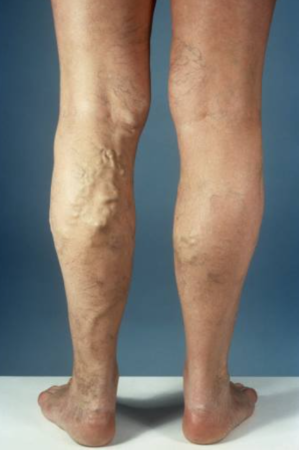
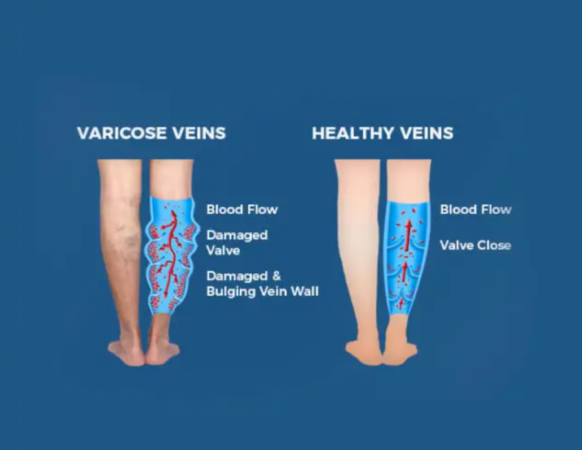

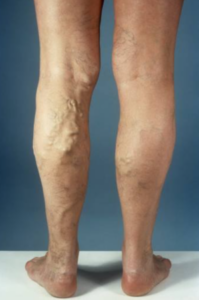
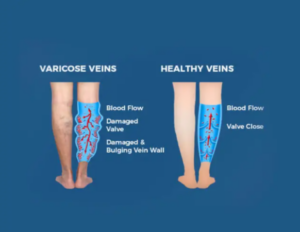




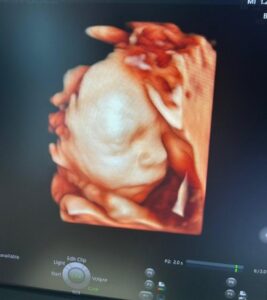

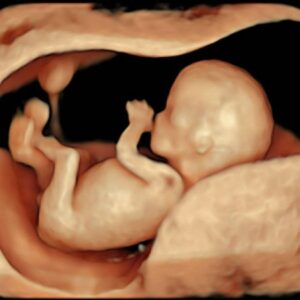
Yorum gönder